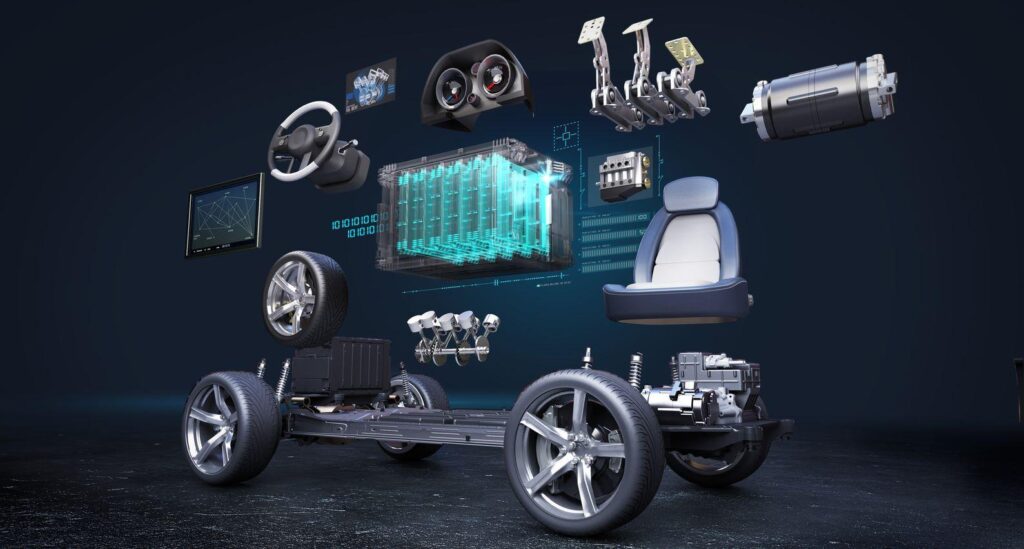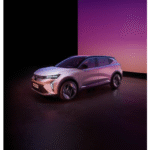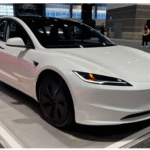Introduction: In the ever-evolving landscape of electric vehicles (EVs), one technology stands out as a game-changer: solid-state batteries. These innovative power sources offer the promise of increased energy density, faster charging times, and enhanced safety, potentially reshaping the future of transportation.
Overview of Solid-State Batteries: Solid-state batteries represent a significant departure from traditional lithium-ion batteries, which rely on liquid electrolytes. Instead, solid-state batteries use solid electrolytes, which offer several key advantages:
1. Higher Energy Density: Solid-state batteries boast higher energy density compared to their liquid counterparts, meaning they can store more energy within the same volume, leading to increased driving range for EVs.
2. Faster Charging Times: The use of solid electrolytes enables faster charging times, reducing the inconvenience of lengthy charging sessions and promoting EV adoption by addressing one of the main concerns of consumers.
3. Improved Safety: Solid-state batteries are inherently safer than traditional lithium-ion batteries, as they are less prone to thermal runaway and the risk of fire or explosion. This increased safety is crucial for widespread EV adoption and public confidence in the technology.

Car Overview: Leading EV manufacturers, such as Tesla, Toyota, and BMW, are actively exploring the integration of solid-state batteries into their vehicles. For instance, Tesla’s latest model, the Tesla Model S Solid-State Edition, is equipped with a cutting-edge solid-state battery pack, boasting a range of over 500 miles on a single charge and ultra-fast charging capabilities, allowing drivers to recharge the battery to 80% capacity in just 15 minutes.
Similarly, Toyota’s flagship EV, the Toyota EVX, features a solid-state battery that provides a range of up to 600 miles and can be charged wirelessly using induction charging technology. With these advancements, EVs powered by solid-state batteries are poised to revolutionize the automotive industry, offering unprecedented performance, convenience, and sustainability.
Summary: Solid-state batteries represent a paradigm shift in EV technology, offering higher energy density, faster charging times, and improved safety compared to traditional lithium-ion batteries. With leading manufacturers integrating solid-state batteries into their vehicles, the future of electric transportation looks brighter than ever.
FAQs:
Q: Are solid-state batteries commercially available? A: While solid-state batteries are still in the development stage, several companies are making significant strides towards commercialization, with some expecting to launch solid-state battery-powered EVs within the next few years.
Q: How do solid-state batteries compare to lithium-ion batteries in terms of cost? A: Currently, solid-state batteries are more expensive to produce than lithium-ion batteries. However, as production scales up and technology advances, costs are expected to decrease, making solid-state batteries more competitive in the market.
Q: What impact will solid-state batteries have on the environment? A: Solid-state batteries offer the potential for improved sustainability, as they can use more environmentally friendly materials and have a longer lifespan compared to lithium-ion batteries, reducing the environmental impact of EVs.






